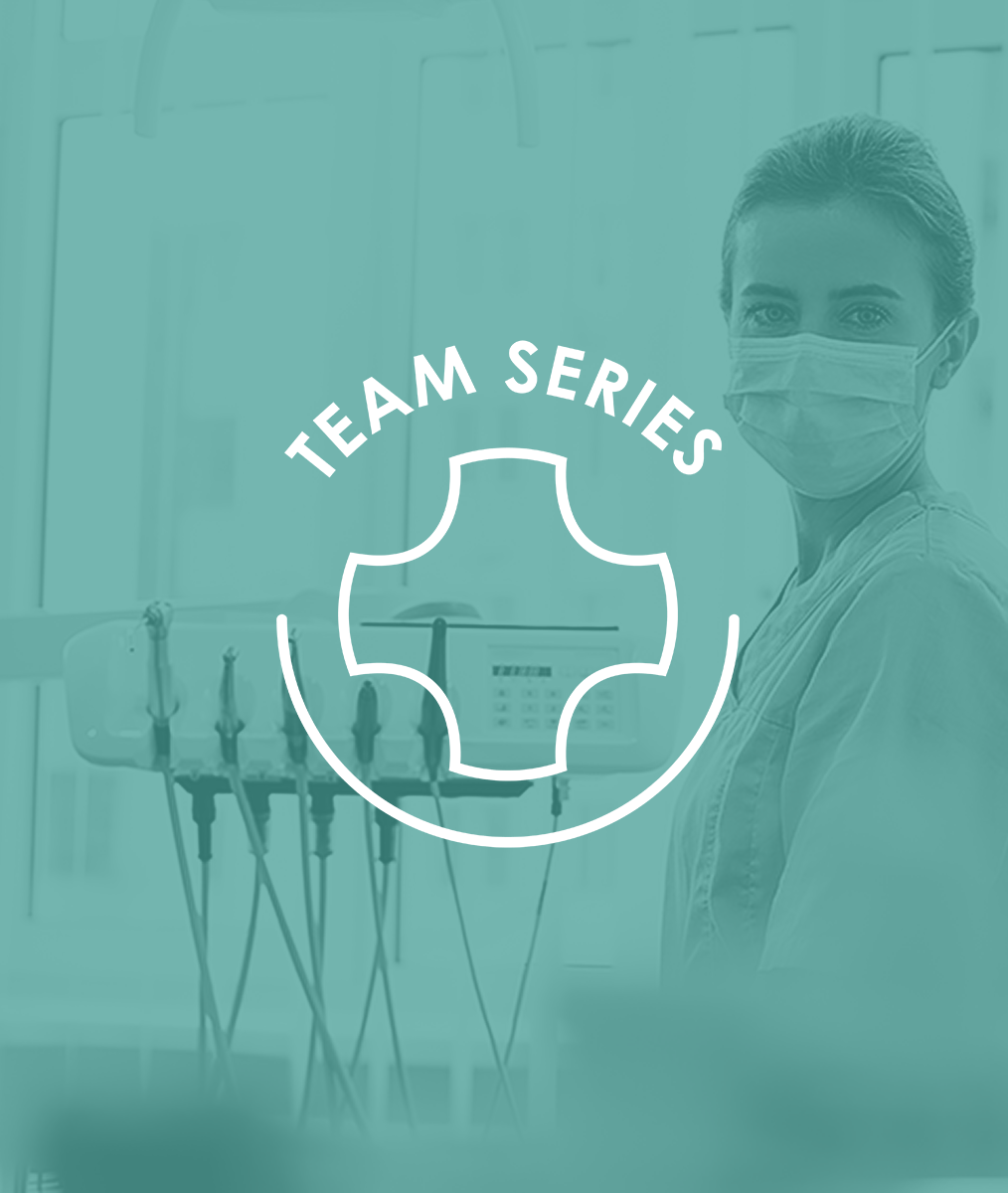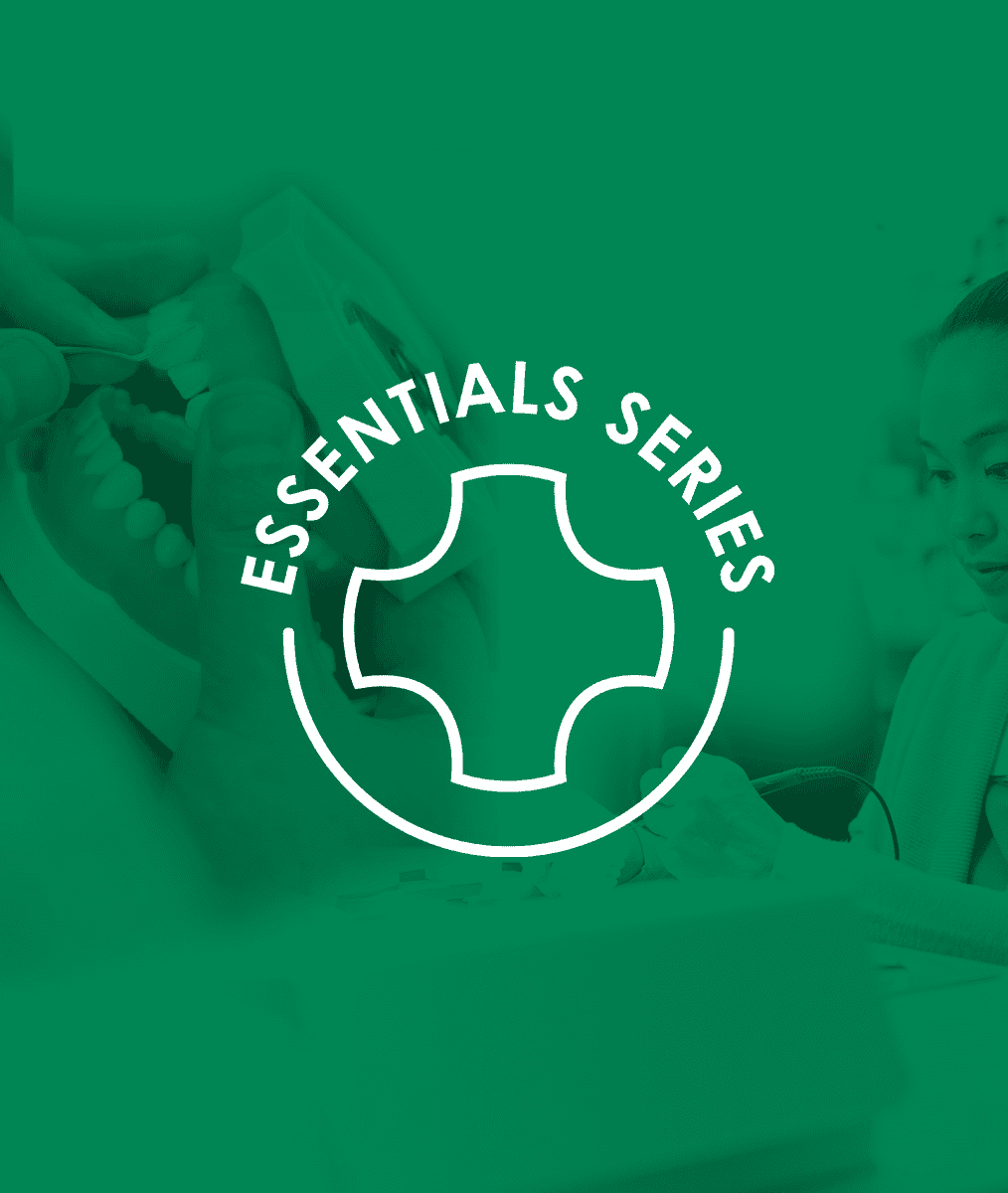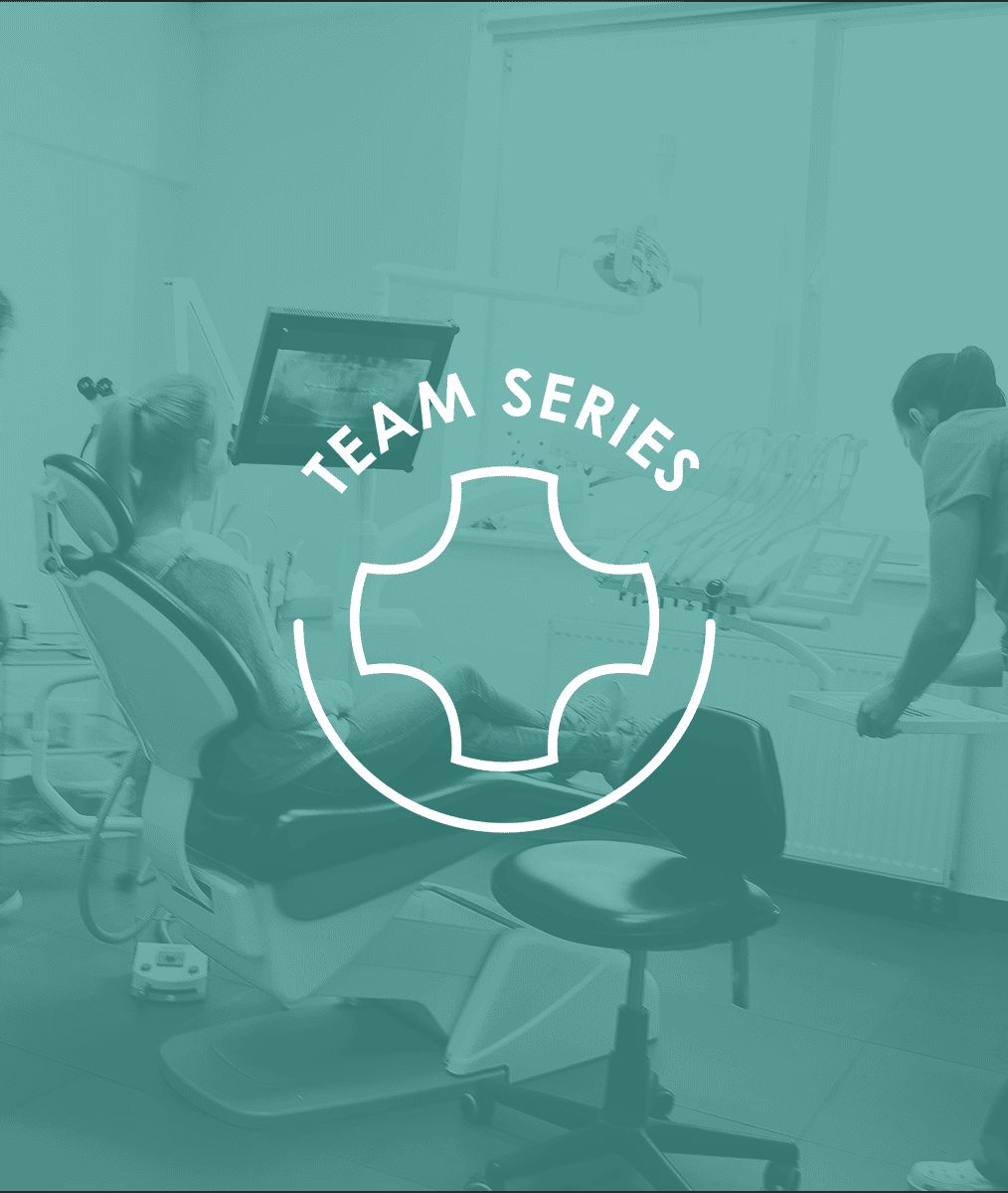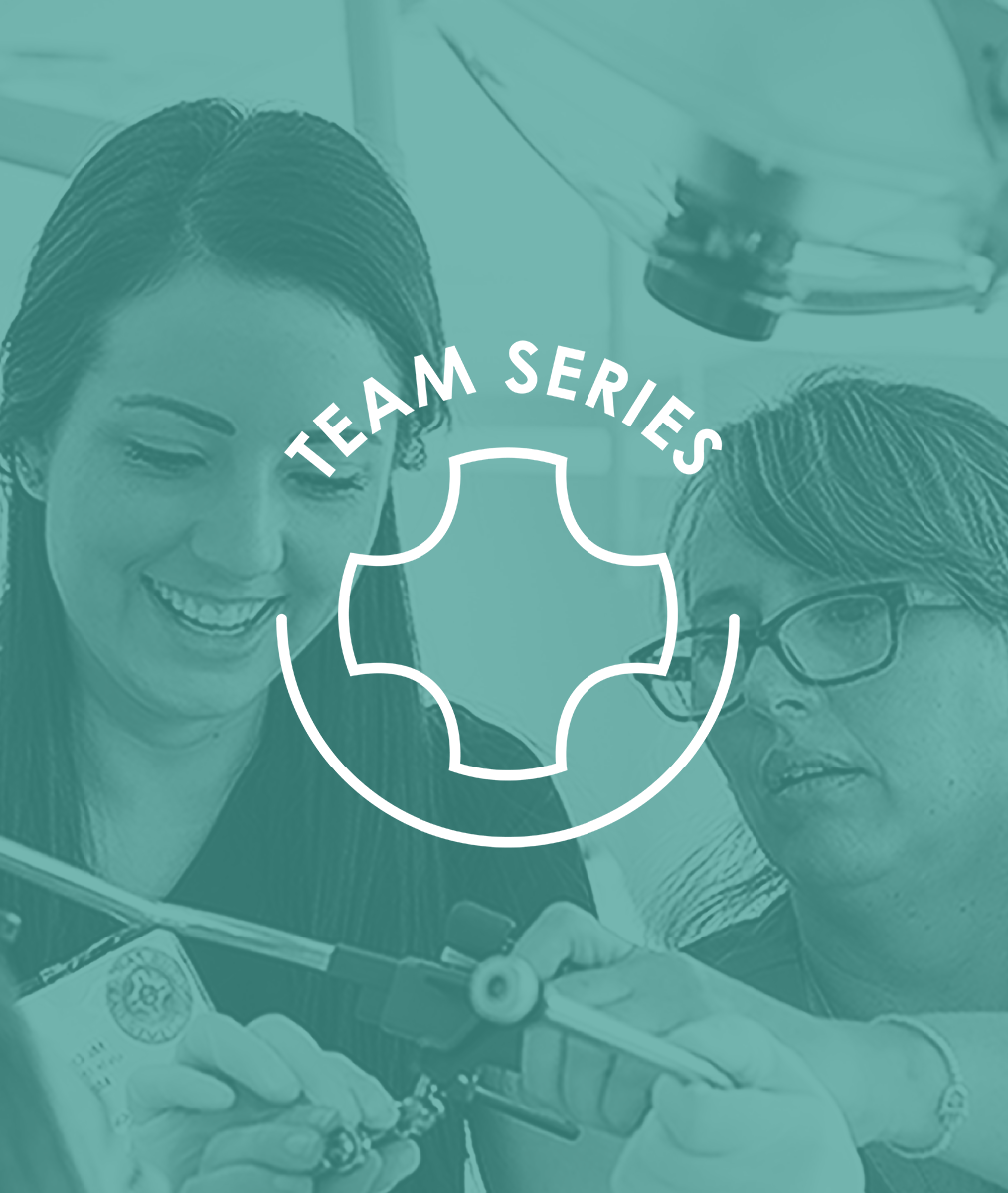Working in Isolation vs. The Power of Shared Experiences
Ancient wisdom has taught us that as “Iron sharpens iron, so one person sharpens another.”
I love education and learning. As a long-time student and faculty member at The Pankey Institute, I am challenged by and learn from all of my colleagues every time that we gather for an educational event, whether in person or online.
Some of that learning is from the program. Much of it is from one another as we discuss and share what is pertinent in our practices and careers and how we apply what we are learning. In short, these experiences improve my performance as a dentist, leader, and practice owner.
The grid of improving performance according to Todd Herman, performance coach, looks like this:
- Observe & measure past action (Data from yourself & others)
- Reflect on that data and the feedback from other key trusted people
- Reflect / Visualize on the future, especially with key trusted people
- Design Future Action (Experiments) & Acclimate to this new behavior
- Repeat
This formula for change is almost always best done with other likeminded people who are on similar journeys. They can give you encouragement, feedback, perspective, resources, & connections.
Even more importantly, it can be very therapeutic to hear the stories and experiences of others to realize that you are not alone in your challenges and the ups and downs of attempting to do something difficult. It is simply reassuring to come face to face with the humanness of friends and colleagues that you respect. It makes our own human frailty much easier to accept and can give us the courage to try again and again.
Keep in mind that every thriving and durable organization has gone through countless failures in route to accomplishing their vision.
The highest performing individuals in any endeavor are working in a team of likeminded individuals who are seeking to accomplish similar things. Those individuals have a much-expanded capacity to understand one another’s challenges and needs. This expanded capacity is often the difference between success and failure.
Isolation is the enemy of progress. Don’t let it determine your possibilities.
Seek out ways to include shared experiences in your personal and professional development by joining like-minded groups like Pankey study groups, group masterminds, and group coaching programs. You even can create groups of your own to surround yourself with positive energy.
Once you have experienced the power of shared experiences like these, you will see the difference from working in isolation.
Related Course
E2: Occlusal Appliances & Equilibration
DATE: October 20 2024 @ 8:00 am - October 24 2024 @ 2:30 pmTHIS COURSE IS SOLD OUT What if you had one tool that increased comprehensive case acceptance, managed patients with moderate to high functional risk, verified centric relation and treated signs…
Learn More>

















